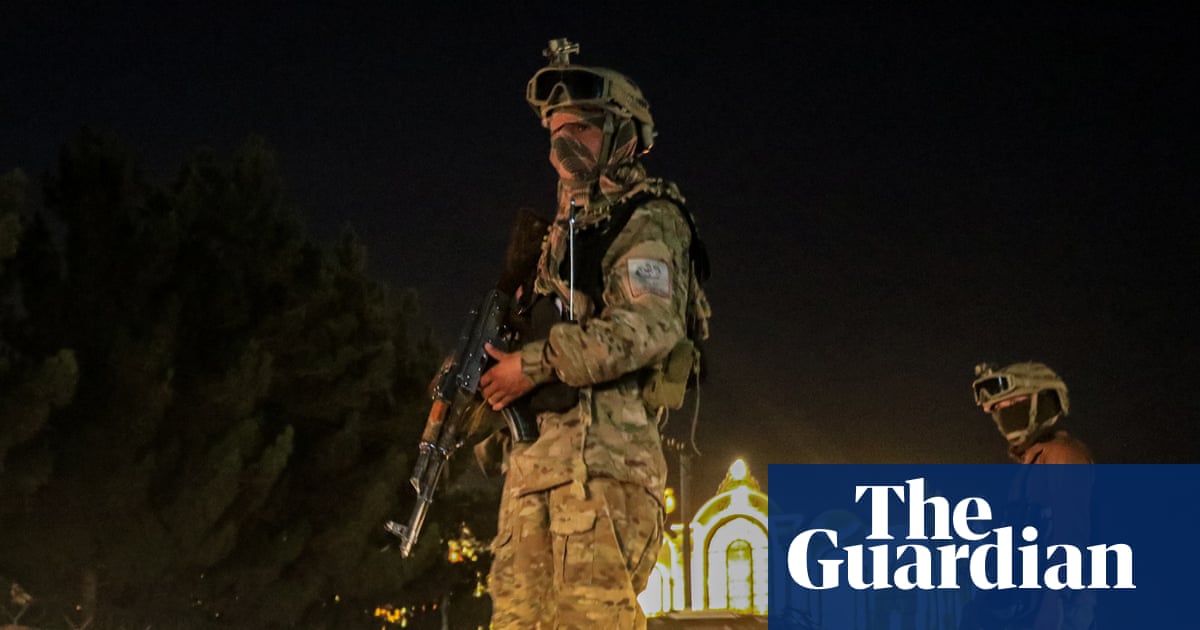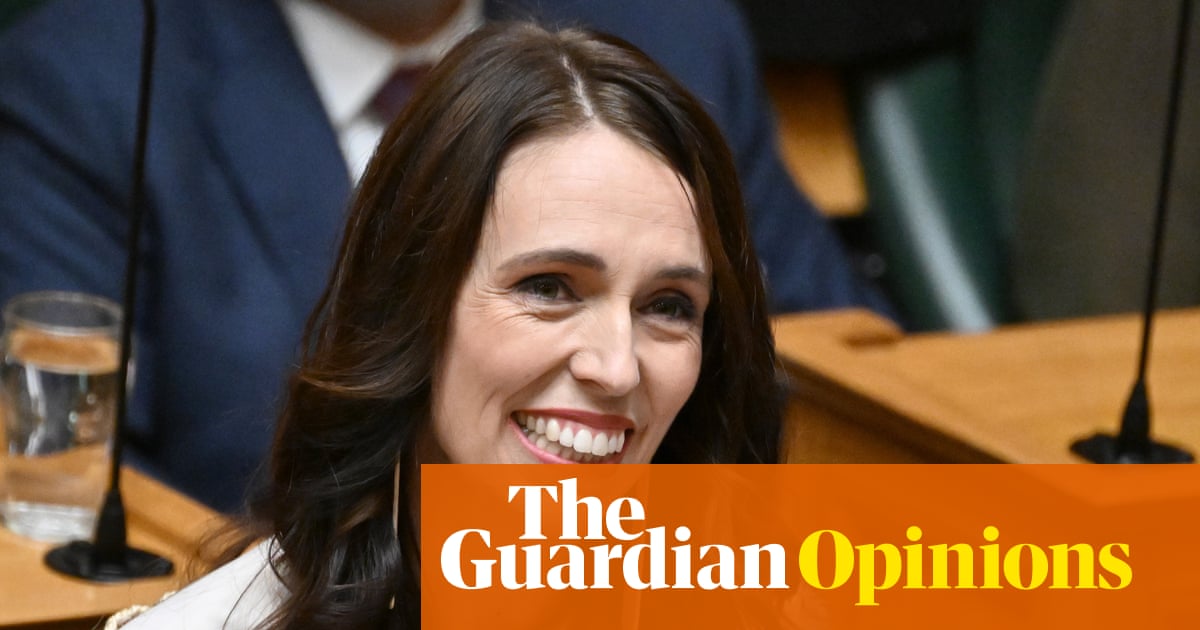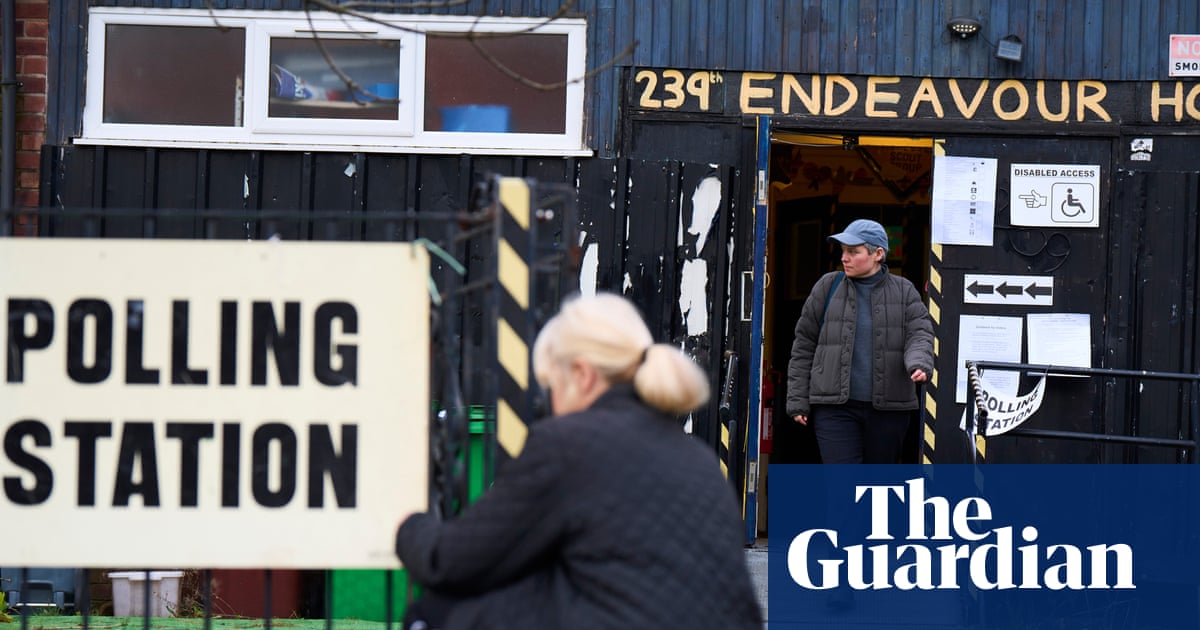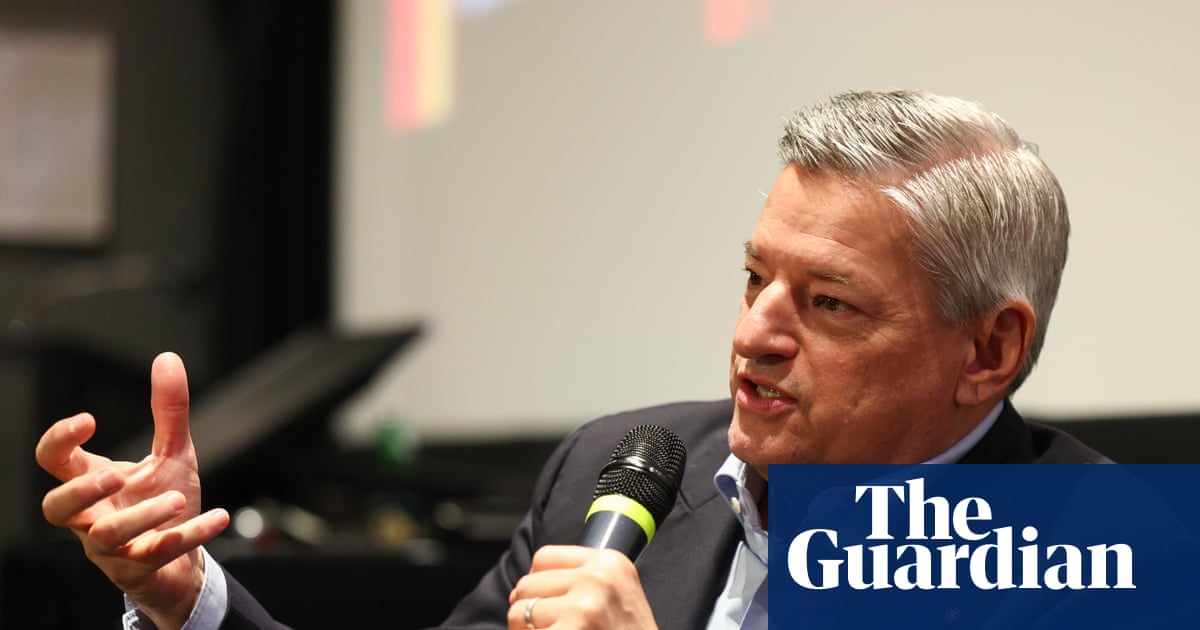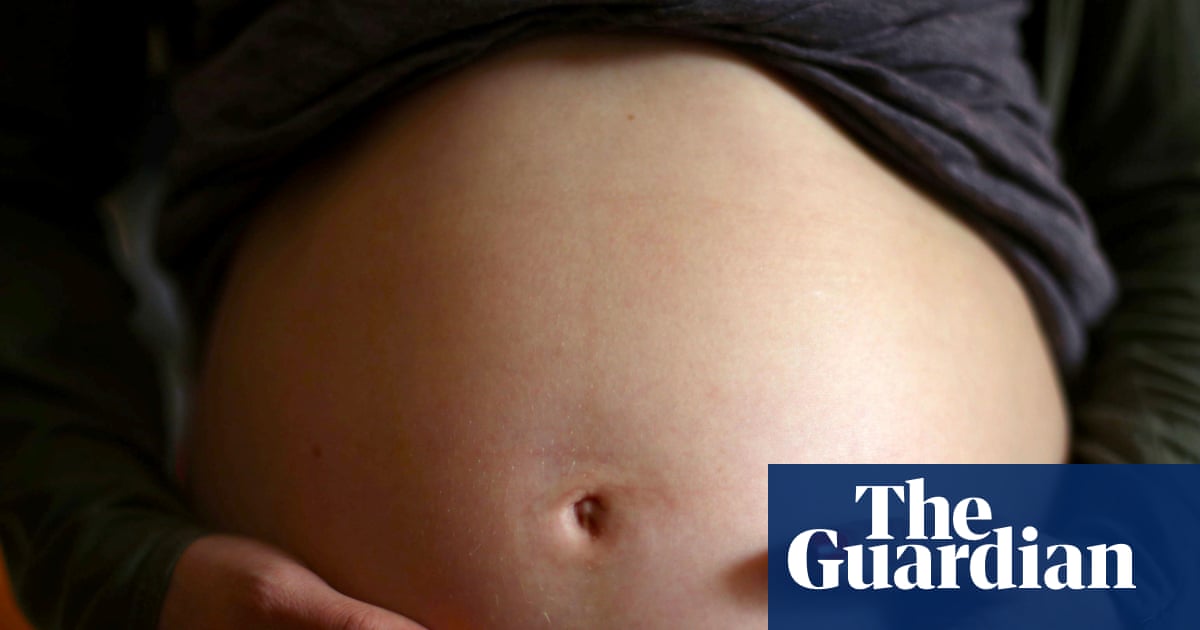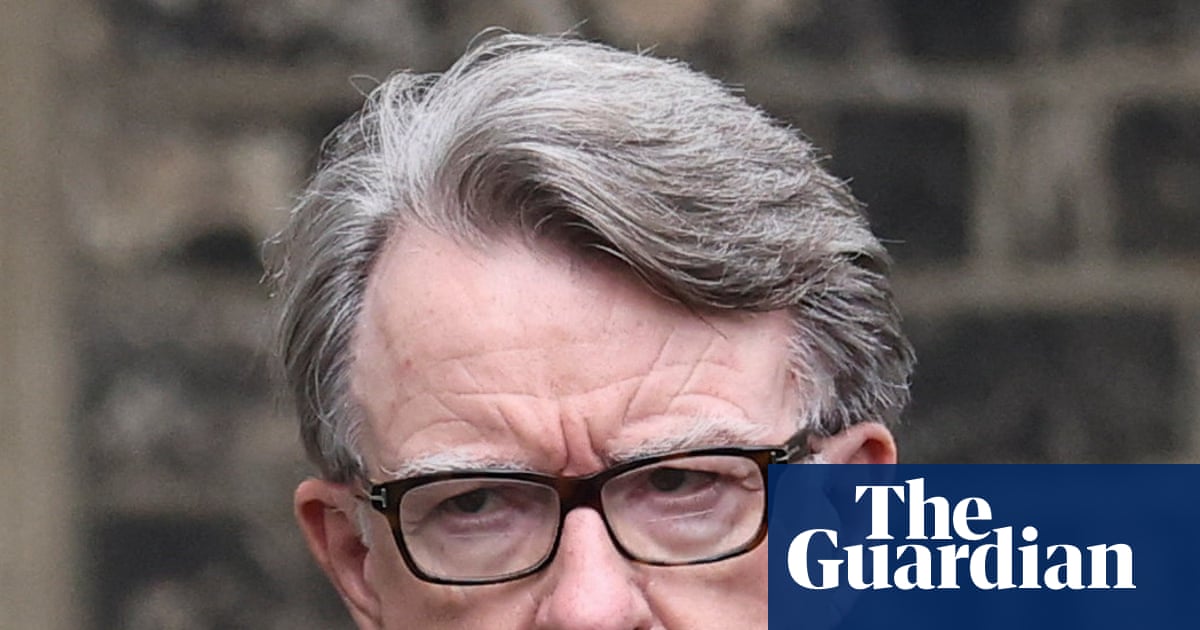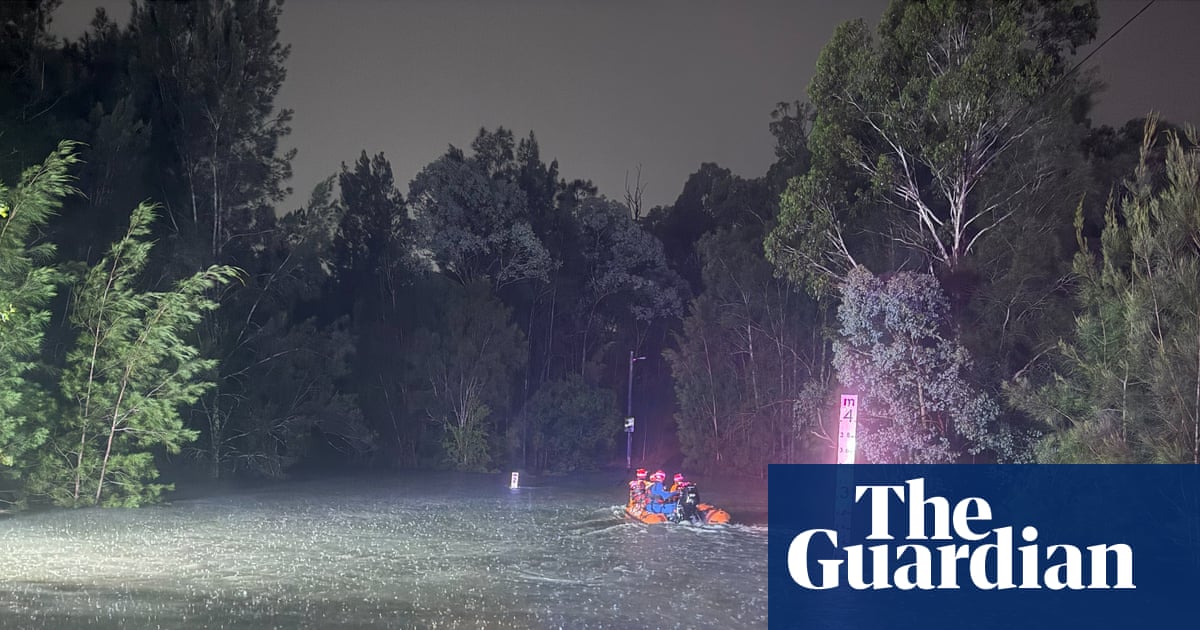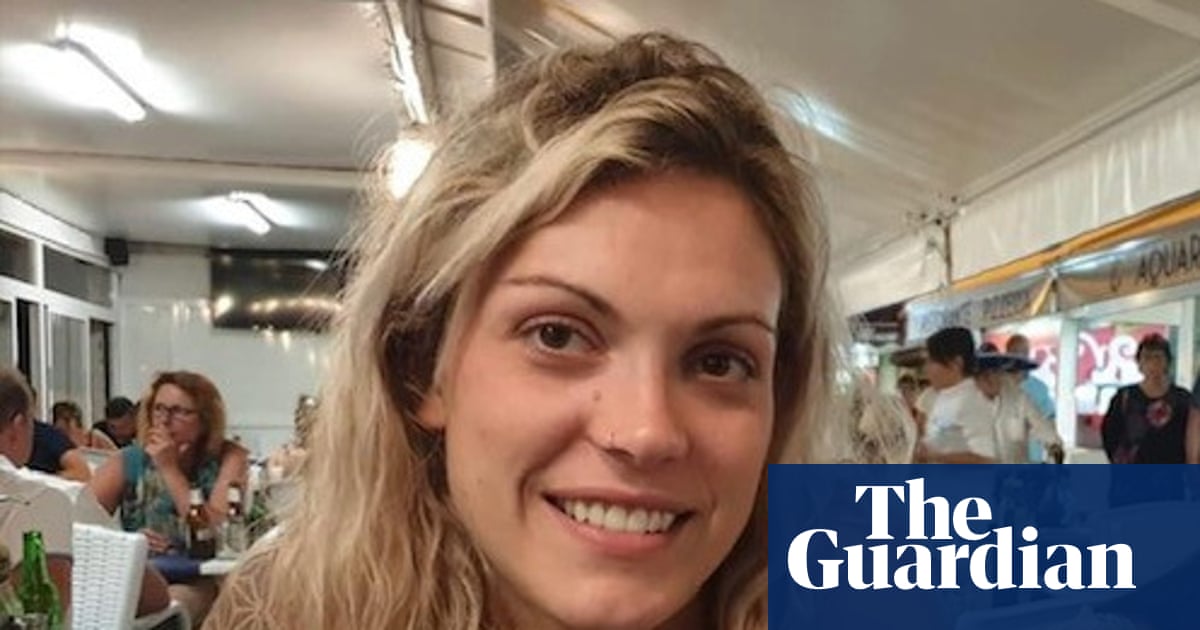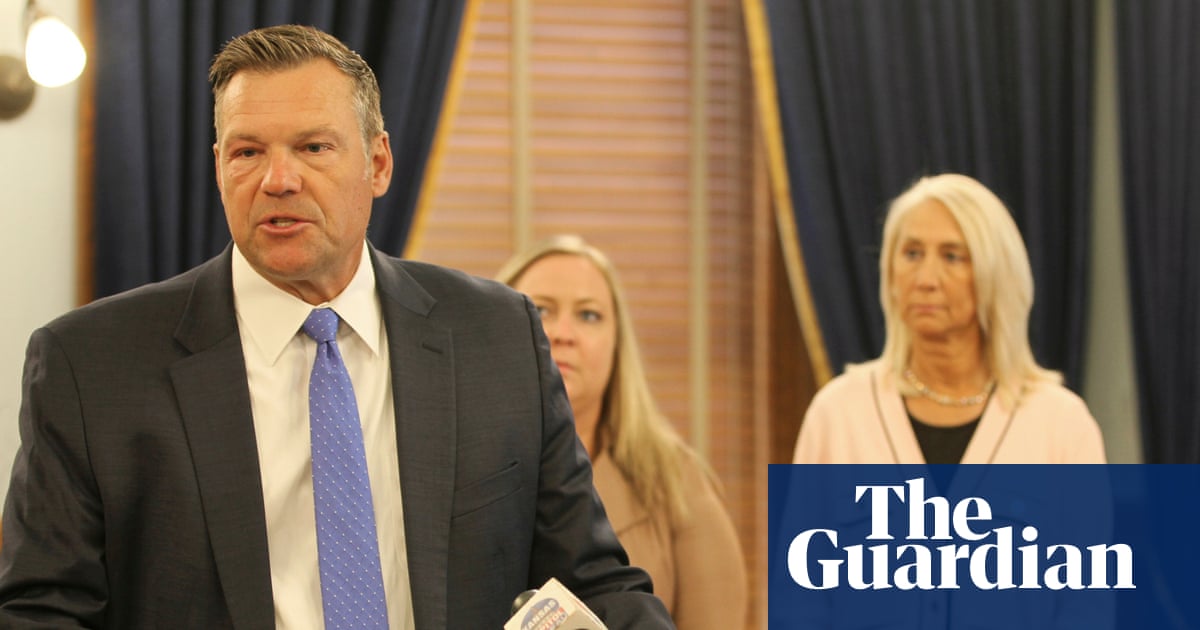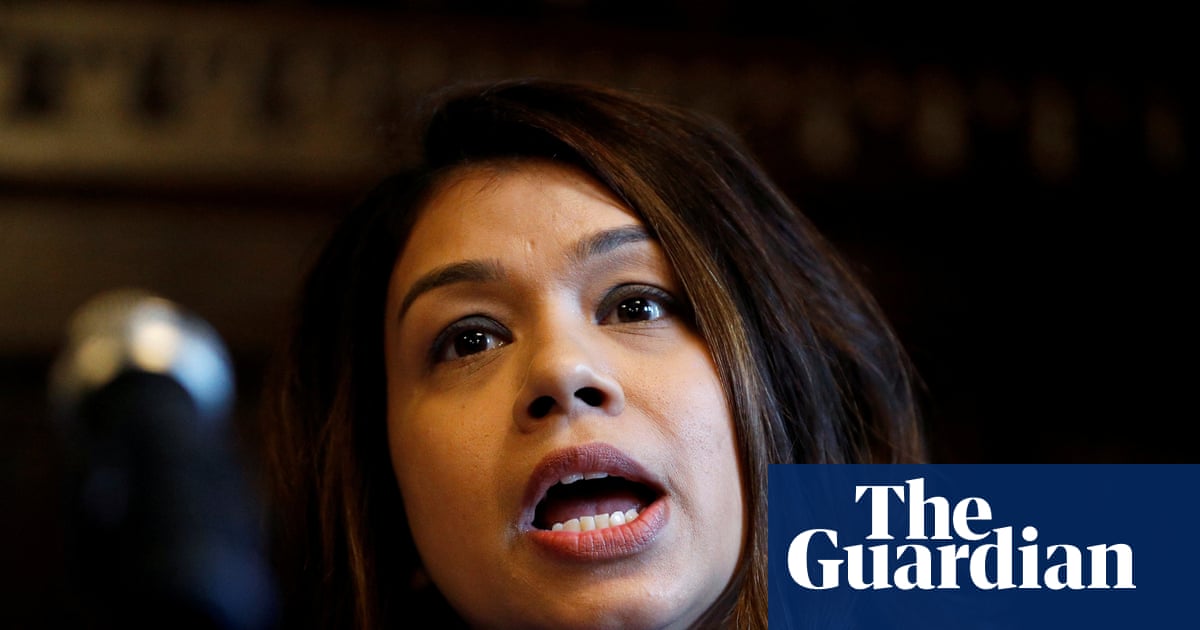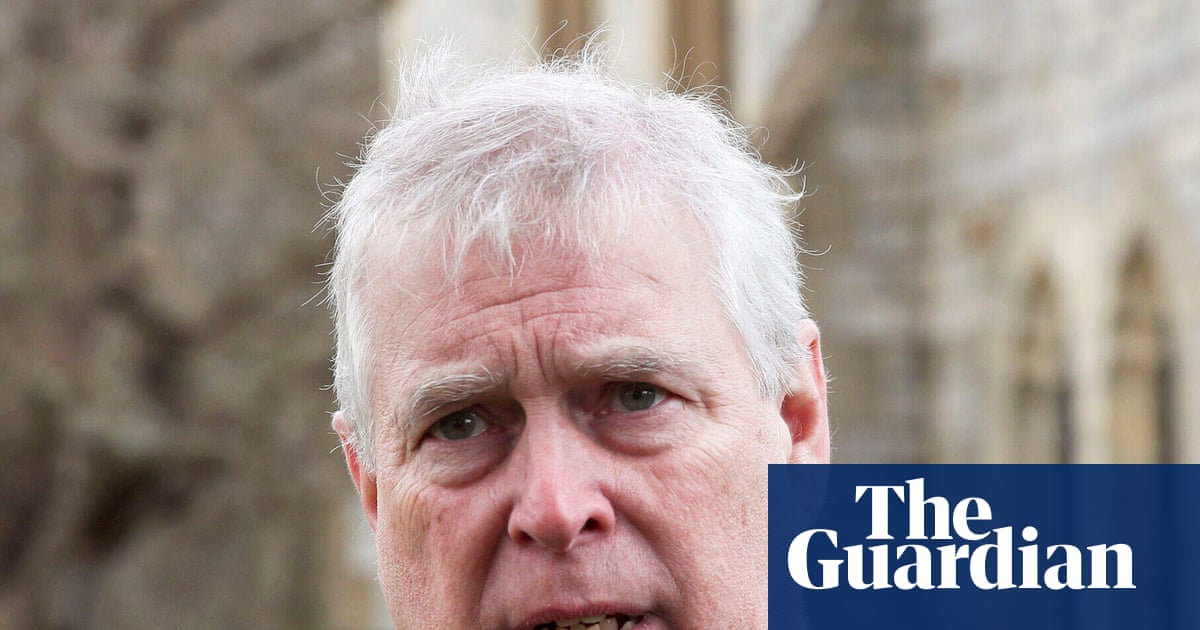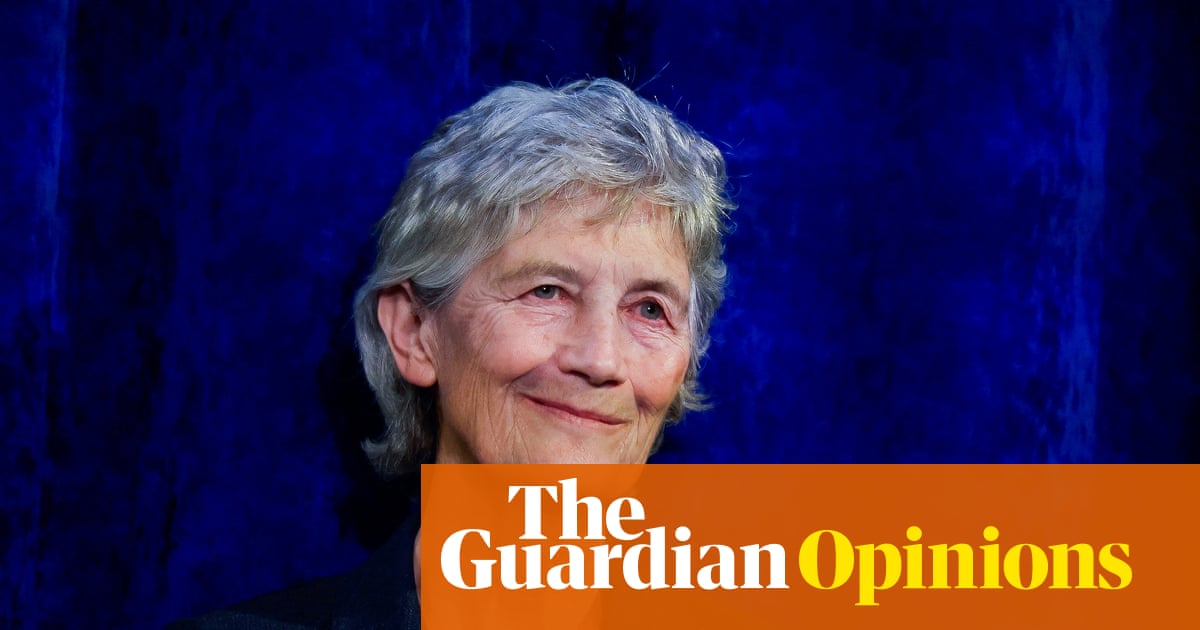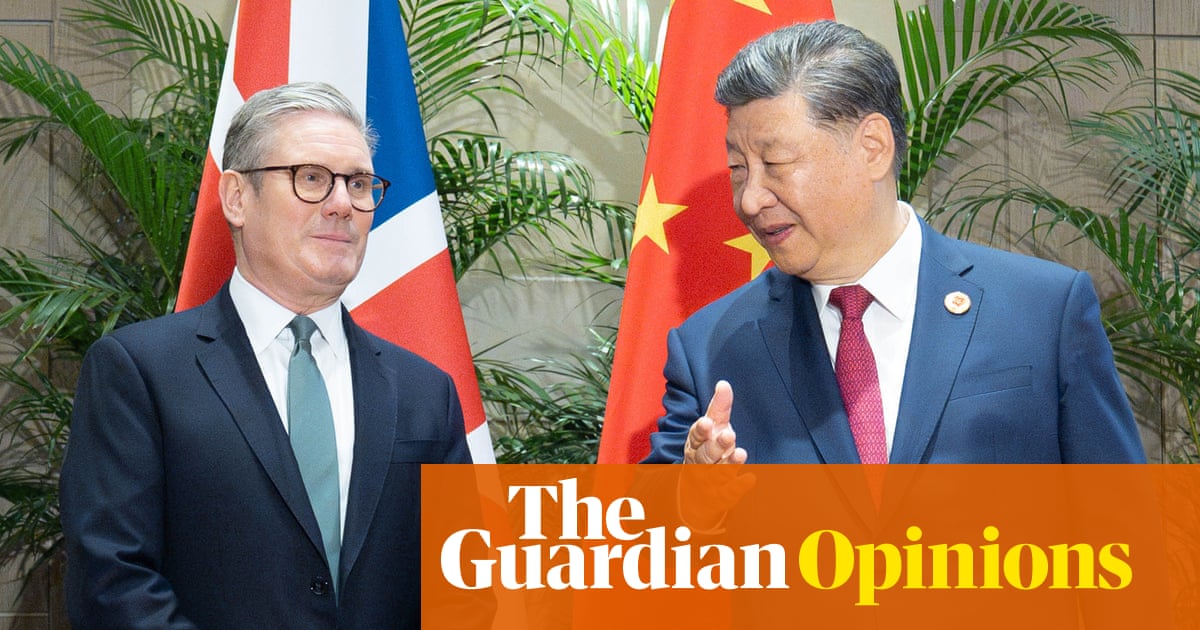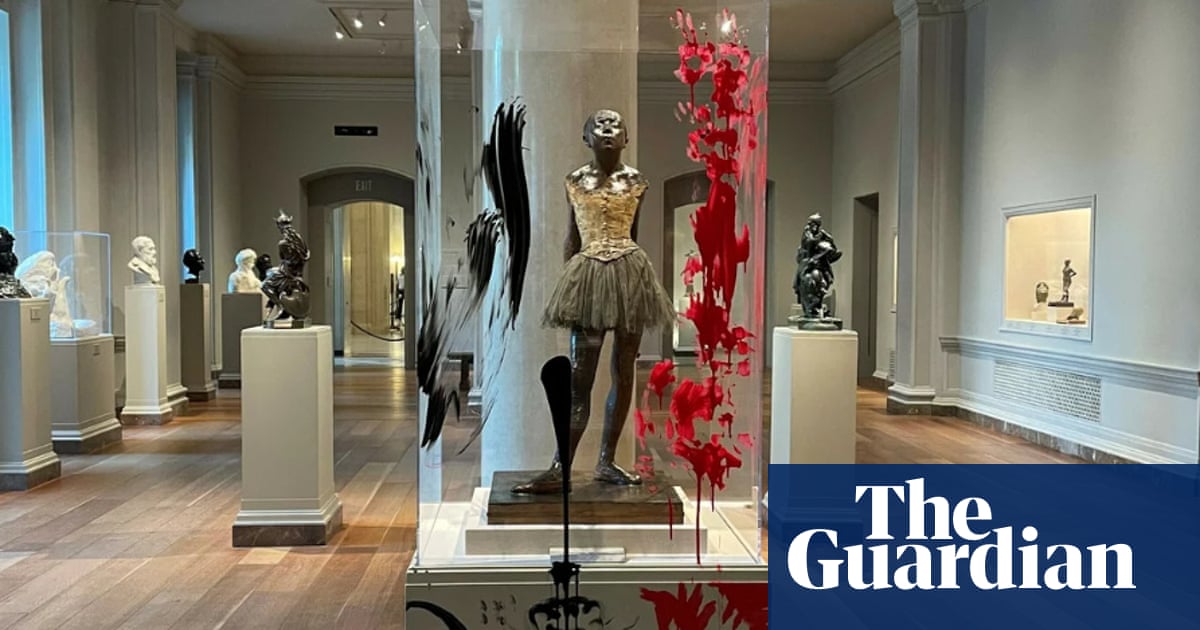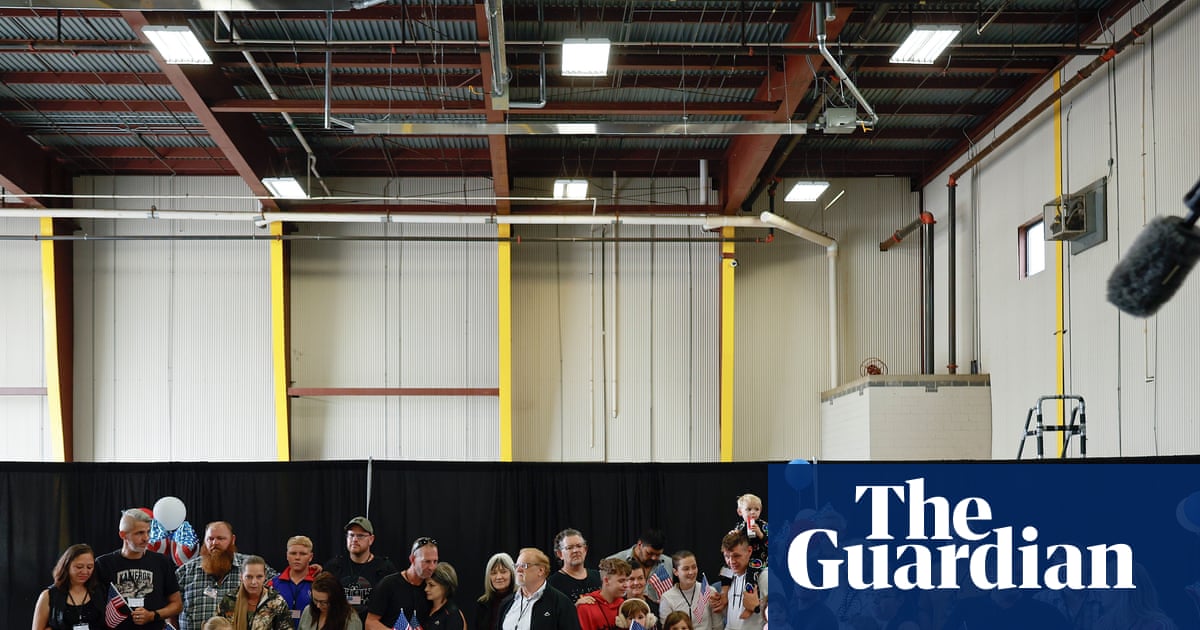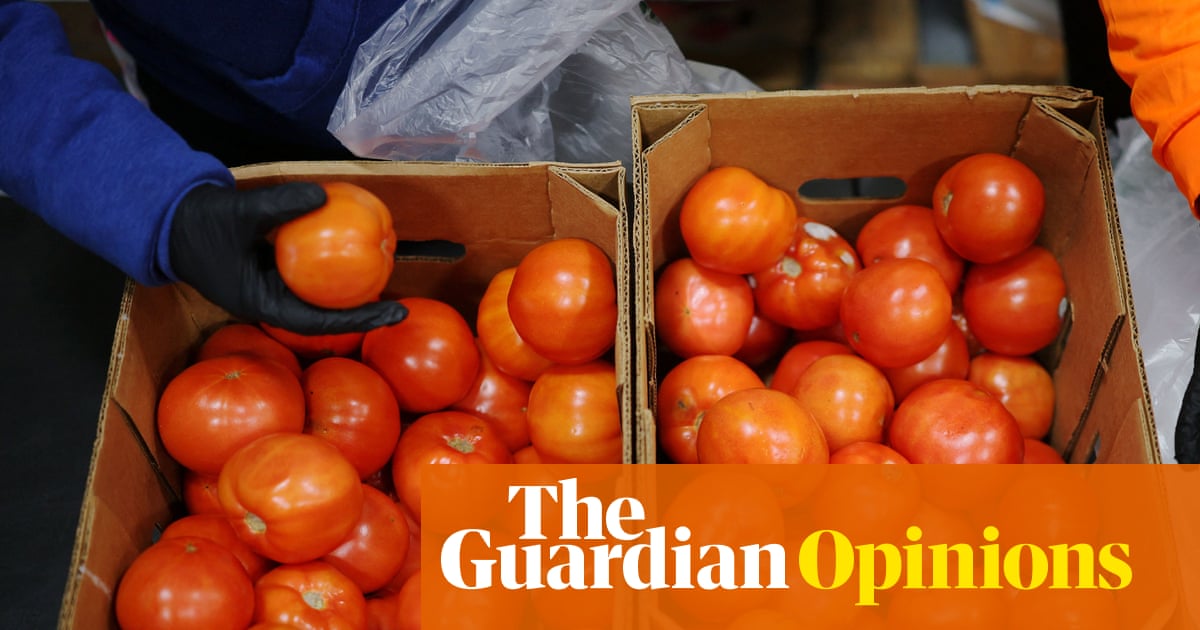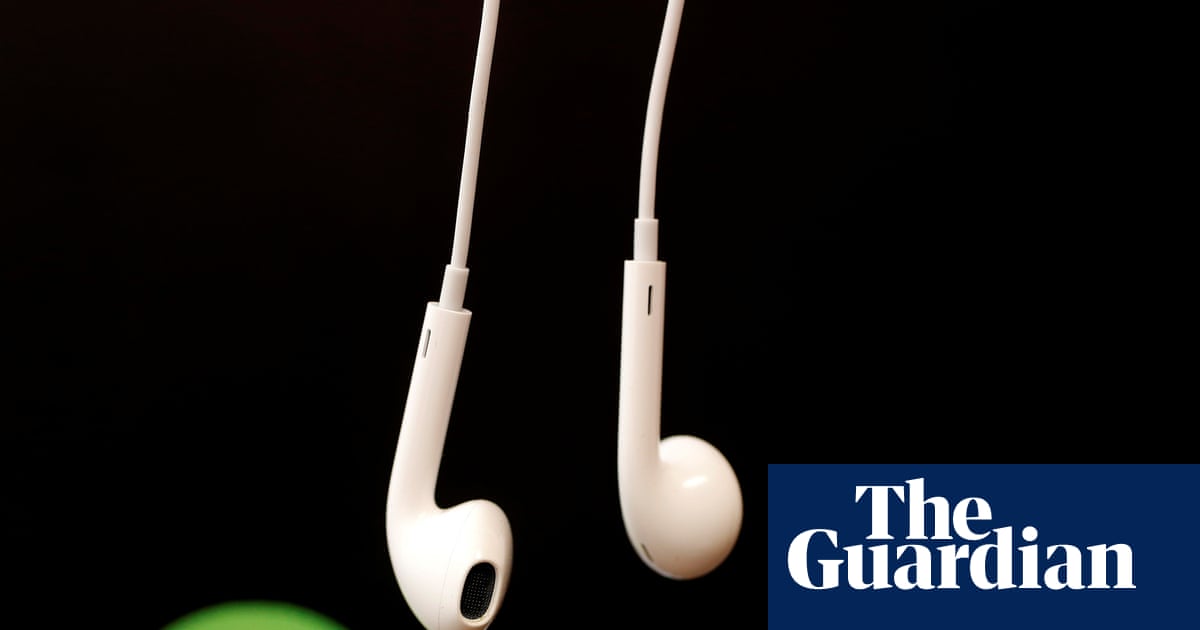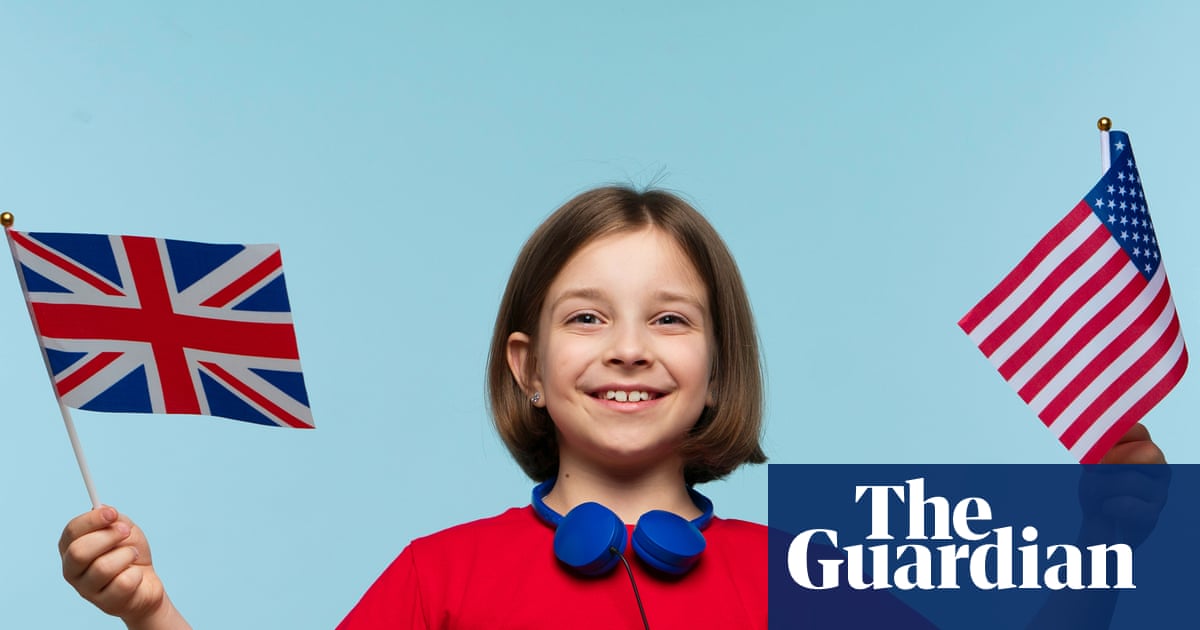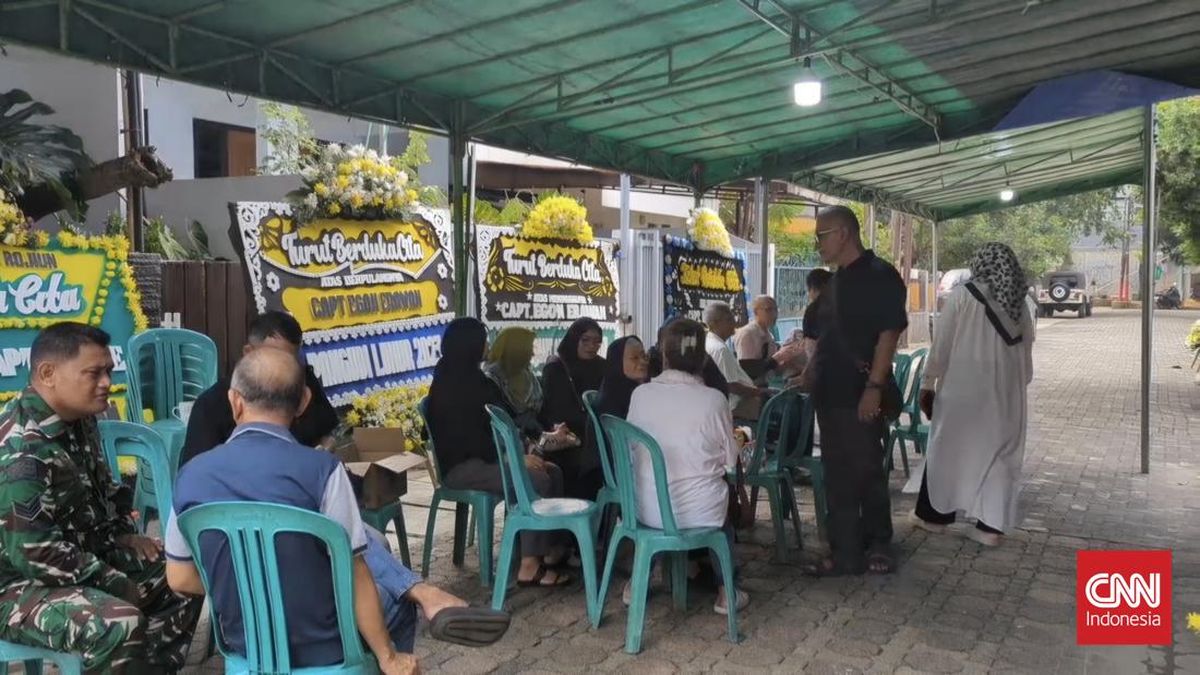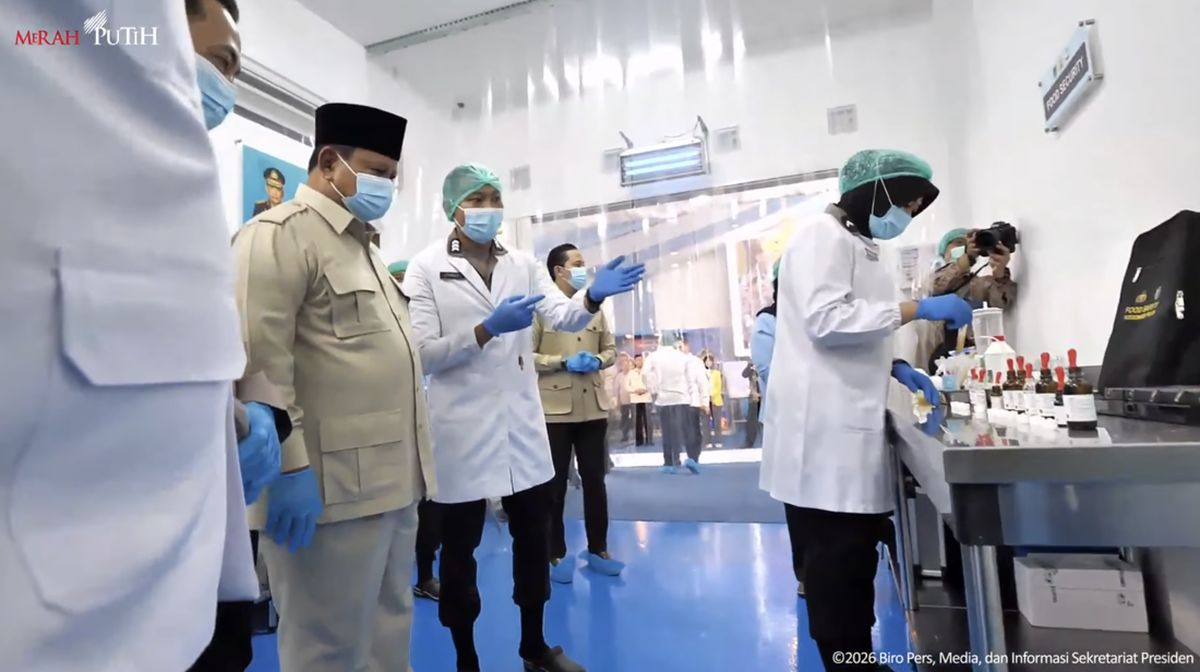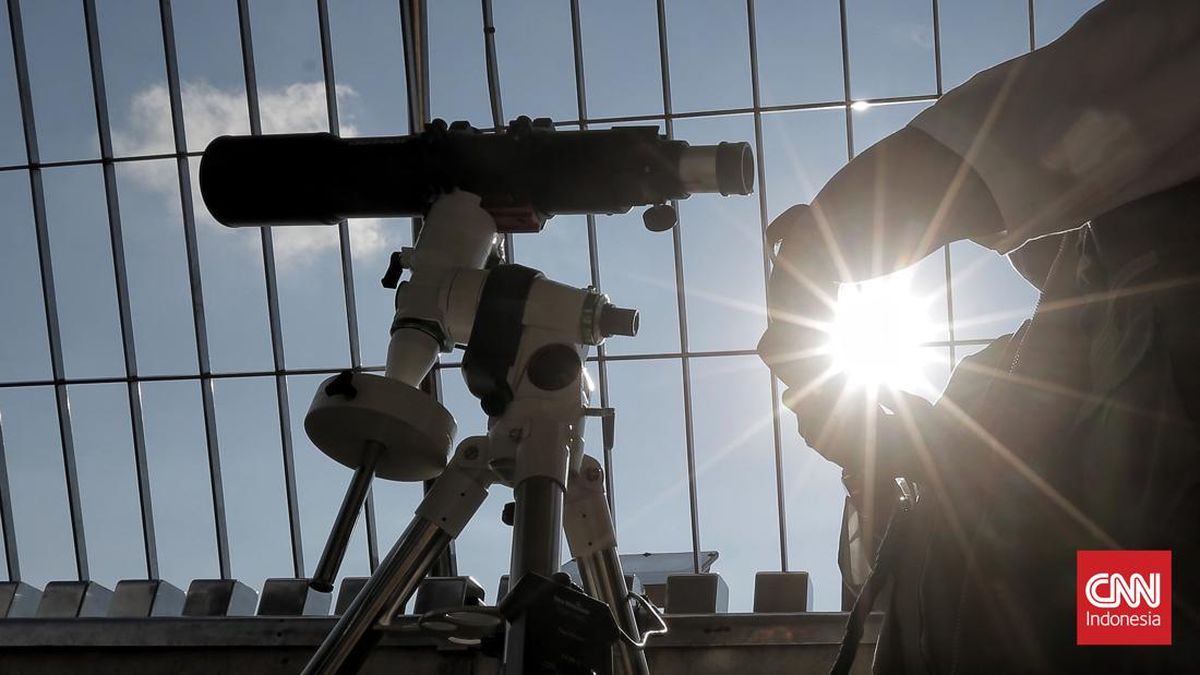Ukraine is increasingly a country held together, behind the military lines, by women. Those in their 30s – millennial women born into an independent Ukraine, raised in economic turbulence and thrust into adulthood on the wave of revolution and war – are shouldering huge burdens of responsibility. They are fundraising for the army, or sometimes serving in it. They are running civil society organisations, advocating for their country abroad and becoming activists.
At the same time, unlike their male counterparts who are forbidden from leaving the country and are eligible for conscription, they have choices – to join the army, or not; to stay in the country, or not. For some, the question of whether to have children, when the war shows no sign of abating, looms large. For many of them, exhaustion, stress and grief are constant companions. We spoke to six Ukrainian women aged between 29 and 40 about their lives.
‘You just do it because it’s necessary’
Mariia Shuvalova, 32, is an academic publisher. But she also has a few other projects. After Russia’s full-scale invasion in 2022 she raised more than $40,000 (£30,000) – as much as she had paid for her own flat – to buy bulletproof vests, converting the money into cryptocurrency to pay a Chinese factory.
She volunteers for about five hours a week at a military unit, is converting her literature PhD into a book, writing a post-apocalyptic novel, and using her fluent English to advocate for Ukraine – the kind of portfolio of paid and unpaid work that is not unusual among her purpose-driven generation.

“You have zero professional justification to do a bunch of these things, but you just do it because it’s necessary,” she says.
Shuvalova was born in 1993, two years after Ukraine achieved independence. Her cohort was swept to adulthood by revolution: when she was 20, the 2013 Maidan protests erupted in Kyiv, forcing the Russia-leaning president, Victor Yanukovych, to flee the country.
Her 20s were accompanied by the decade of war that began in 2014 and escalated brutally in February 2022, with Russia’s full-scale invasion. Now, Shuvalova’s husband, along with many of her male relatives, is serving in the army.
Her childhood, amid the economic collapse of the 1990s, was the training ground of the work ethic that drives her, she says. Her parents’ generation struggled in their 20s and 30s to put food on the table and to navigate a confusing, post-Soviet world.
“I was always doing a lot of things, because it was how to survive in the [1990s] economy. I had a younger sister and I was teaching her to read, to walk. We never had days off or holidays because after school we were working in the garden.
“I am convinced that for a majority of women who are 30-plus, managing stress, taking risks and navigating multiple projects started in their childhood or teen years. We were very well prepared for crisis.”
At the same time, educated millennials – born into independence, digital natives, often speaking good English – have a completely different set of assumptions from their parents, who were raised in the Soviet Union.
One of a large family – her grandmother had 10 children – Shuvalova and her relatives had always clubbed together to meet their needs, she says, and knew instinctively how to self-organise and crowdsource for military equipment when many men of the family volunteered for the army.
Unlike men of the same age, who are generally barred from leaving the country, millennial women can choose to stay or leave Ukraine; or whether or not to volunteer for the army. Such decisions can be accompanied by agonising guilt.
It is a generation of women whose lives are accompanied by grief as their peers are killed in combat. Organising funerals and making sure their own wills are in order, are all-too common facets of life for Ukrainian millennials. There are no publicly available figures on the number of Ukrainian combatants killed since February 2022, but in June, the Center for Strategic and International Studies estimated the figure at between 60,000 and 100,000. The project Ukrainian Losses put the average age of death at 38.6 years.
And, alone or with partners, these women have huge decisions to make about family life if they wish to have children at all: to give birth in wartime, or to wait for a better time; to raise children in Ukraine, or to leave for a more peaceful country.
Shuvalova says she has started financially planning for a baby and would remain in Ukraine if she became pregnant, citing her country’s healthcare system.
A low birthrate – 0.9 births per woman in 2022, one per woman in 2023, according to World Bank data – means that, combined with mass emigration and the killings of many thousands in the war, Ukraine is facing a demographic crisis.
‘You need to support yourself and the people you love’
Olena Skyrta, 32, co-founded an organisation promoting science in Ukraine a decade ago. Part of the work of its young, mostly female team is helping women, especially those who have been internally or externally displaced, to train and find careers as programmers. Like Shuvalova, she saw her parents, who were geologists, struggle: state salaries went unpaid during the worst of the economic crisis, and her first two years were spent in a house without a bathroom.
Her approach to the question of children is to defer the decision for a couple of years. “If I continue to live in Kyiv, I don’t understand how we would live with the risks as they are now. You cannot go to the bomb shelter every time there is an alarm – you would not sleep, you would not live, you would lose your health.”

And if Kyiv is still being bombed in two years and she still wants a baby? “I guess we would move house and build a bomb shelter and live in it.”
As she sips tea in a gleaming-white office in Kyiv, a fortnight before staging a science and tech conference, she says scenarios that would once have seemed unthinkable are now part of everyday life.
“When we have explosions at night and in the morning you need to start work, my friends who are not in Ukraine ask, ‘How can you do this?’ But you need to support yourself and the people you love, and you have a sense of responsibility.
“We sit here and drink tea in our nice office but we still have to remember that this office was bombed in December, and we are only borrowing it, because our own office was bombed a month ago.”
‘Life is not only drudgery, air raid alerts and funerals’
Sasha Dovzhyk, 37, lived in London for a decade – but her sense of civic responsibility to her country sent her home in 2023. She runs an NGO called Index (Institute for Documentation and Exchange) in Lviv which supports Ukrainian and international researchers, writers and artists in documenting the war from within the country.
The institute is staffed entirely by young women – partly symptomatic of the times. Being able to employ younger people, she says, was an important signal “that they don’t have to run away in order to do creative and impactful work, that life in Ukraine is not only drudgery, air raid alerts and funerals all the time”.
She feels the pressure on millennial women to have kids. “I read it on social media: ‘If you’re in the army, why aren’t you making babies. If you’re not in the army, why aren’t you making babies? Who is making babies? The nation is dying. The nation is bleeding. You have a vagina. Go have a baby.’ I also hear it from friends, from colleagues … Obviously these are questions that are not asked of men, and they get compassion if they do not have children.”
‘I am happy that my mom pushed me a little bit’
Maria Nazarova, 29, recently left the army, where she was a combat medic, to have her first baby. “I don’t think anybody decides to have kids because of demographic problems,” she says, bouncing young Yuriy on her lap. “If you postpone everything you will not have a family, so I am actually happy that my mom pushed me a little bit.”
The idea of going abroad for the safety of the baby is not for her. Of those she knows who have left the country, “very few of them have made a better life elsewhere than in Ukraine. Most of them have downgraded their life, their career choices, their life decisions.”

She takes Yuriy to see his soldier father in the frontline city of Kramatorsk. “I was in the army for two-and-a-half years, and I have seen so many our of our male colleagues’ families breaking because their wives and kids are abroad and they don’t see each other. I don’t want that for our family.”
As for the physical risks to her and the baby, she accepts them. “It’s still quite a low chance, in particular places in Ukraine, that you will be killed by a rocket. It’s never zero, and it breaks your heart, because you never know where they will hit, and everything is a target.”
Life is not ideal, she says. “But I made the decision that we will have that non-ideal life here.”
‘The main thing is to save our kids’
Anna Demydenko, 40, who was a combat medic after the full-scale invasion, made a different choice about her family after a missile landed close to her daughter’s school in the autumn of 2022.
“I was like, ‘I can carry dead bodies with my bare hands, and that’s fine’, but this moment made me feel really unsafe. I realised I can’t protect my kid, and I decided to send her abroad.” Her daughter, now 10, lives in the Netherlands with one of her grandmothers.
But she has work to do in Ukraine. Ukrainian text on her keyring reads, “I like this country, and I want to live here.”

“For my husband and me, the main thing is that it’s very important to save our kids, because a lot of my friends died and it’s a big tragedy that they haven’t left any kids,” she says. “Over these 11 years of war, they didn’t have time to create families.”
Demydenko trained as a lawyer and worked for years on the rights of military volunteers who took up arms after 2014; she then worked in government for the veterans ministry. After her stint as a combat medic, she now works with an NGO, Veteranka, that focuses on female army veterans. Its office was damaged in a recent bomb attack.
None of the past decade was part of Demydenko’s life plan. Before 2013, she was cycling round Africa, partying in Italy, and not thinking very much about the future. The pivot to a career of public service and activism to help shape Ukraine’s future was the Maidan revolution and her rage at “seeing how the police were beating up students”.
But the constant focus and hard work takes its toll, she says. “I started having some problems with alcohol – not serious, but I was drinking every day so recently I just quit.
“I have been through heavy depression. There were two months when I was lying in bed.”
She contrasts her millennial friends with the younger cohort in their 20s. “We have to learn from this younger generation about work-life balance.”
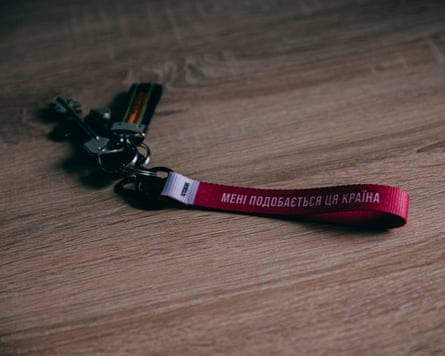
‘Millennial women are blooming in a way’
Iryna Gorlach, 35, an international cooperation expert, says: “Millennial women are blooming in a way – we are leading communities, becoming politicians, leading NGOs, becoming activists and being the voices of Ukraine in the international arena because educated millennial women know English, and men are not allowed to go abroad.
“There are more and more roles that were once occupied by men that women tend to occupy now, and wartime is emphasising our purpose-driven lifestyles.
“But it also doubles, triples, the stress and the burden. I think it will lead to burnout more and more. The biggest challenge that millennial women in Ukraine will face is over mental and emotional health.
“But still, it’s easier to be tired, exhausted but purpose-driven here in Ukraine than abroad. I have moments when I don’t know how to survive this any further, but you find that the idea of justice, the idea of the country, the idea of dignity, prevails.”

 3 months ago
62
3 months ago
62



